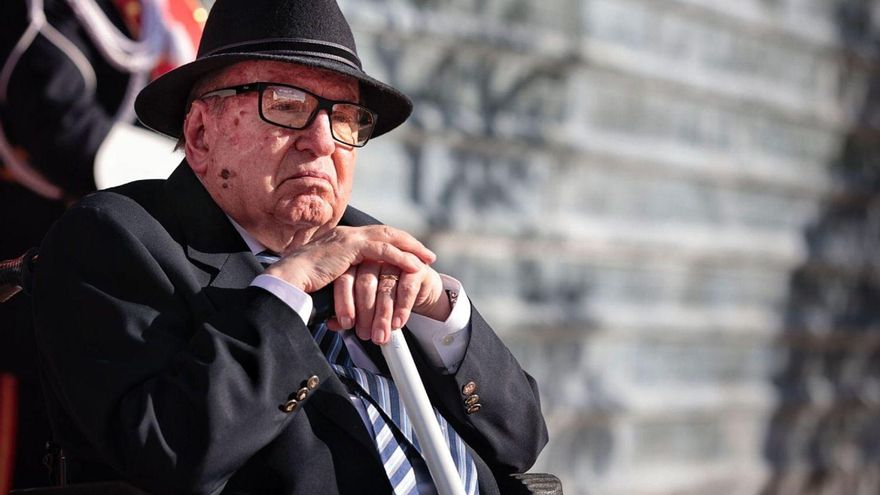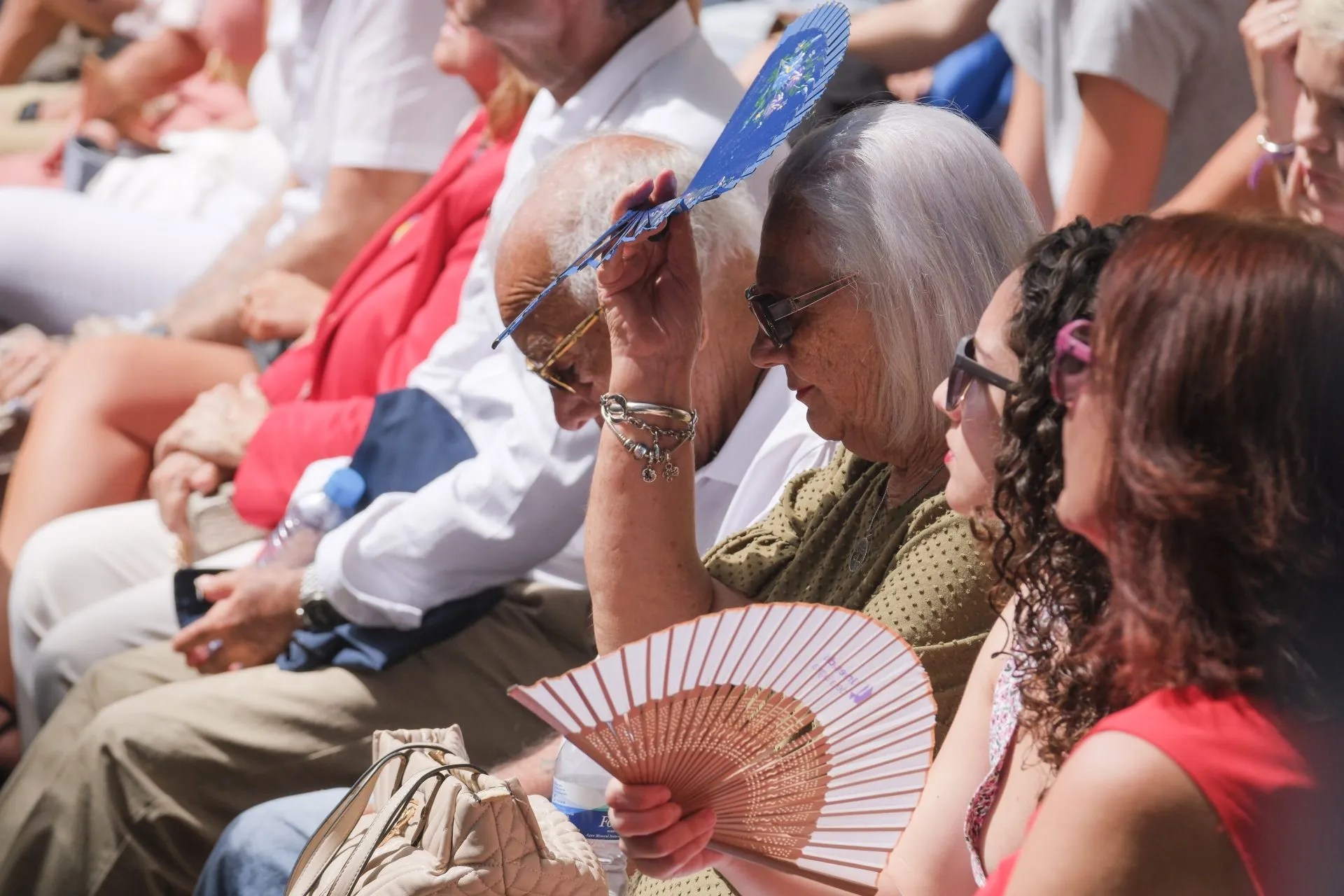
Tenerife bids farewell to one of the most significant figures in its economic development. José Sabaté Forns, an honorary son of the island and a driving force behind the Economic and Fiscal Regime of Canary Islands (REF), tourism boards, and the University Hospital of the Canaries (HUC), passed away last Saturday at the age of 96. He leaves an immeasurable legacy in areas such as business, politics, and culture.
Born in 1927 in Barcelona, Sabaté Forns moved to Tenerife in 1955 after becoming a mercantile superintendent – the equivalent of a graduate in Economics at the time – to join the company DISA, where he played a significant role throughout his extensive career. He rose to become the secretary of the board of directors of the energy company. However, his work was not limited to his association with DISA, as he also represented the company in the Chamber of Commerce of the province and at CajaCanarias.
José Sabaté Forns was the president of the Teide Cable Car, founder of the Tourism Board of Tenerife (the first in Spain), a professor at the School of Commerce (affiliated with the University of La Laguna), and the tourism councillor of the Tenerife Island Council in the late years of the Franco era (1970s), a position he shared with that of president of the island’s Finance Committee.
However, he will be most remembered for his work in advocating for the REF on behalf of the Provincial Association of Entrepreneurs, as the employers’ union was formerly known, now known as the Spanish Confederation of Business Organizations (CEOE). His clear defense of the need for the Archipelago to have a special economic and fiscal regime to have the same development opportunities as the Spanish and European mainland territories, was decisive in the approval of this regulation in 1972.
Sabaté Forns was not only key to the approval of this unique treatment for the Islands and to Tenerife and Gran Canaria leaving behind their litigious differences to work hand in hand in their historical claims. He also played a crucial role in its continuous improvement and expansion in the subsequent years, partly thanks to the admiration and friendship he forged with Francisco Fernández Ordóñez, a prominent Spanish politician during the political transition years who led the Ministries of Finance and Justice under the presidency of Adolfo Suárez, and of Foreign Affairs, with Felipe González.
Pedro Bonoso, associate professor of Contemporary History at the University of La Laguna who is currently finalising a work on the memoirs of José Sabaté Forns, recalls that “he was called upon for anything related to the world of economy and business in the Islands.” For example, shortly after arriving on the island, he was tasked with designing the company that would manage the Cable Car. It was called Sociedad Teleférico al Pico Teide and was created on October 15, 1959, largely thanks to his input.
One of his sons, Fernando Sabaté Bel, a Geography Ph.D. from the University of La Laguna and a professor at the higher education institution, recalls an anecdote from his involvement in the establishment of the cable car company during the Franco dictatorship: “The president of the board of directors was a military officer, General Machado. He asked my father to accept the money that was due to him. My father refused. Machado insisted, and in the end, he accepted shares in the company, which he received like many others involved in the project.”
Sabaté Forns was also involved in a second phase with the funicular that ascends to the pinnacle of Spain. “A foreign investor had acquired a large shareholding. Suddenly, an advertisement appeared in the press through which this investor put the Cable Car up for sale. This set off all the alarms in the Island Council. They requested my father’s mediation. Eventually, the shareholder sold his stake to the Island Council, and this institution asked him to become the president of the board of directors.” He spent years driving the upgrades needed for the funicular to become what it is today: one of the biggest tourist attractions on the island.
He also made a significant impact as the manager of the University Hospital of the Canaries during his time as a councillor on the Island Council, from 1970 to the late 1970s, working with island presidents Andrés Miranda and Rafael Clavijo. They even tasked him with negotiating with the Catalan hotelier José Gaspart Bulbena, father of Joan Gaspart, the former president of FC Barcelona, to ensure that he paid the quota owed for the exploitation of the Hotel Mencey in Santa Cruz de Tenerife.
His influence also extended to the world of culture and the arts, particularly concerning opera and classical music. He was one of the promoters of the Tenerife Association of Friends of Opera and fought for the creation and subsequent consolidation of the International Canary Islands Music Festival, to which he always added the word “international”. A great enthusiast of numismatics and philately, he has never received all the recognition he deserves.
However, in May 2021, the Santa Cruz City Council named a street after him in Cabo Llanos in recognition of “his tireless work for the island”. “Yes, I have worked intensively to serve the island and the Canary Islands,” emphasized José Sabaté Forns in the presence of the municipal authorities.
















